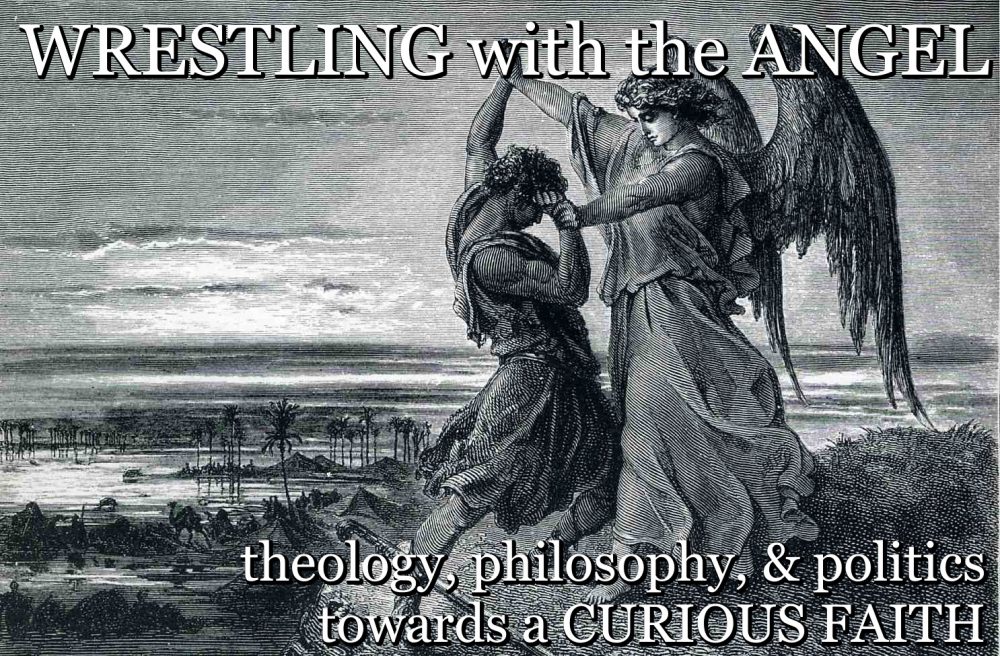I’m a priest in the Episcopal Church who lives in Washington, DC. I serve a small but amazing parish right on the Potomac River. I’m intensely interested in helping to articulate a theology for the modern church that is at once traditionally robust, spiritually appealing, and philosophically valid while also being engaged with the problems of modern society and prepared to stand on the side of the poor, oppressed, and marginalized.
On this blog, then, I’ll focus my time on two distinct, though not unrelated currents:
- How we think about God, what we mean by that word, “God”, and what it means for our lives. I want to critically analyze some of the theology that’s built up over the centuries, glean out some of the really excellent traditions that are our collective heritage, and move forward with a theology that’s robust and relevant.
- What faith means for politics, economics, and our personal lives. What does faith in God mean when it comes to social justice, to war, to tax policy? A faith that says nothing about human life is less than worthless, it’s a distraction. The Jewish and Christian traditions (to say nothing of all the others) have had a lot to say about the pursuit of justice. We need to keep that dialogue going.
So the topics I’ll tackle here will be pretty diverse, though for me they will all have common threads running through them. If you want to dig into a specific topic, the easiest way would be to use the Categories over on the right to navigate to posts on a variety of topics, from super-nerdy theology and philosophy to discussions of politics, and even a bit of poorly written poetry!
Comments, critiques, questions, and thoughts more than welcome!

I’m looking forward to your future posts – especially a response to the New Atheists! What does Christianity (in particular and religion in general) offer that’s not found in a secular humanist framework? How will that help us accomplish social and economic justice? Why isn’t Christianity just an outdated way of categorizing ethics?
Hi
I would like to ask you just a question, I hope you can help me.
I feel that Christianity represents an evolutionary step if compared to all other religions. I suspect that Christian Europe following the first conciles acquired a fondamentally different way of thinking if compared to all of Antiquity and that all the subsequent human advancements (scientific revolution and globalization) wouldn’t have been possible without the Christian consciousness.
But my poor knowledge of theology doesn’t allow me to realize exactly why I feel so. Can you help me?
Thanks.
Fausto from Italy
Fausto,
A lot of people have speculated that Judeo-Christian beliefs, especially the insistence on one God and the goodness of the universe, are crucial in understanding the development of science and humanism. I am not particularly well informed on the specific academic arguments around these subjects, though. I would recommend seeking out more expert authors. If you are comfortable reading these subjects in English, a quick search on Amazon of something like “christianity impact on science” or “christianity foundation enlightenment” would probably yield a number of books on this subject…hope this is helpful and sorry I can’t give you a more historically nuanced answer myself!
Do you review books on your site? Do you have a submission policy?